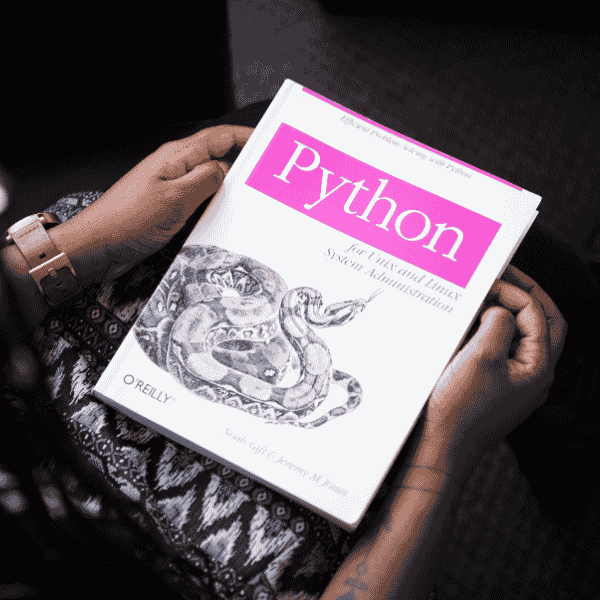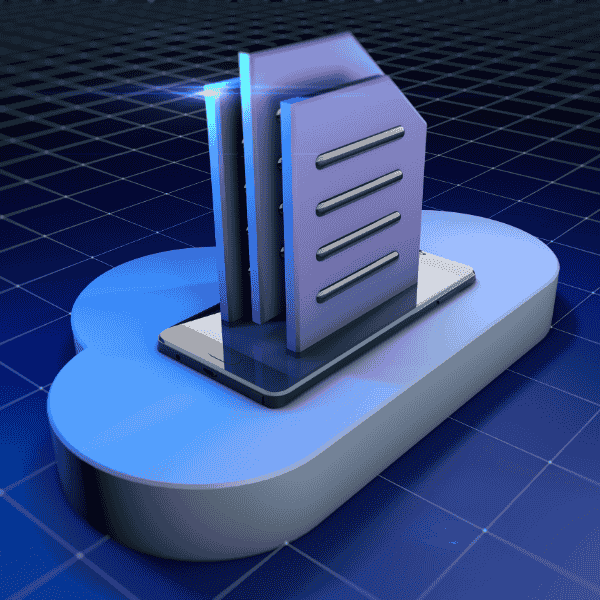What is Web Development?
Web development is the process of building websites and web applications for the internet. It includes everything from simple landing pages to complex online platforms.
There are two main areas:
- Frontend: The part users interact with directly (buttons, layout, navigation).
- Backend: The part users don’t see. It powers the frontend using databases, APIs, and server logic.
Together, they deliver a smooth user experience. But what makes a programming language good for this? Lets look at Python.
What is Python?
Python is a high level, open source programming language. It is known for being easy to learn and easy to read. Thats why it is often recommended for beginners.
It supports multiple programming styles:
- Object oriented
- Functional
- Procedural
Python is also used in automation, data science, AI, and you guessed it web development!
Why Choose Python for Web Development?
Why pick Python when there are so many other options? Lets break it down.
- Simple syntax: Writing Python feels like writing English. That means fewer bugs and faster development.
- Huge community: Developers can find answers, tutorials and ready made solutions easily.
- Productivity: You can build a feature in Python faster than many other languages.
- Flexible: Python works well for small sites and large systems.
So, one question arises why not choose Python?
Popular Python Frameworks for Web Development
Frameworks simplify complex work. With Python, there are great choices depending on your needs:
- Django: A full stack framework that includes everything ORM, admin interface, authentication. Great for large apps.
- Flask: A micro framework with minimal features. Perfect when you want more control and flexibility.
- FastAPI: Designed for APIs. It’s fast, asynchronous and comes with interactive docs.
Each of these helps cut development time significantly. Isn’t that great?
Python Libraries for Web Development
Apart from frameworks, libraries help with specific tasks. Here are some worth knowing:
- Requests: Makes HTTP requests easy.
- SQLAlchemy: Handles database interactions smoothly.
- Jinja2: Templating engine used in Flask.
- BeautifulSoup: Used for web scraping.
- Celery: Manages background jobs (email sending, report generation, etc.).
These libraries handle repetitive tasks so you can focus on what matters.
Benefits of Using Python for Web Development
Using Python for web development offers many advantages. Some key benefits include:
- Proven reliability: Many high traffic platforms (from social media sites to enterprise systems) use Python successfully. It’s a battle tested technology, so you can be confident in its stability for your own projects.
- Easy to learn and read: Pythons syntax is simple and clean, which makes the codebase easy to understand. New developers can get up to speed quickly, and it is easier to maintain and update the code over time.
- Rapid development: Python allows you to build features quickly with fewer lines of code. This means faster prototyping and shorter time to market for your web application.
- Rich ecosystem: Python has thousands of libraries and packages available. Need to add user login, process images, or connect to a database? There’s likely a library for it, which saves development effort.
- Versatility: Python is not just a web scripting language. You can use it for backend services, data analysis, automation scripts, machine learning, and more. This versatility means you can handle multiple project needs with one language.
- Large community and support: Pythons huge user community translates into abundant tutorials, documentation, and third party support. If you encounter a problem, chances are someone has already solved it and shared the solution.
Real World Use Cases
Python is not just popular in theory. It is proven in practice. Many of the platforms you use every day rely on Python. For example:
- Instagram: The worlds largest photo sharing app uses Python (Django) to serve its huge user base. Instagrams engineers chose Python for its simplicity and have scaled it to handle hundreds of millions of users.
- Pinterest: This image sharing social platform built much of its backend using Python (with the Django framework). Python helps Pinterest rapidly develop features and manage the content of millions of pins.
- Netflix: The leading video streaming service leverages Python for various backend services and automation tasks. It is used for things like recommendation algorithms, managing infrastructure, and supporting their streaming pipeline.
- Reddit: One of the biggest online communities is written in Python (originally using the Pylons web framework). Python enables Reddit to handle countless posts and comments efficiently while remaining agile for new feature development.
Cost of Using Python
One great thing about Python is that it’s open source and free to use. There are no licensing fees to worry about, which already lowers the cost of adopting Python for your project.
- No license fees: Python is open source.
- Faster development: Shorter development time saves cost.
- Larger talent pool: Easier to hire developers.
Hosting a Python app is as affordable as other technologies. You can run it on AWS, Heroku, DigitalOcean and more.
Conclusion
Pythons combination of simplicity, power, and community support make it a top choice for modern web development and AI app development. From prototyping an idea to scaling up a large application, it is a programming language that grows with your needs.
Thinking about your next project? Let’s Discuss.
FAQs
1. Is Python a good choice for web development?
Yes. Python is an excellent choice for web development thanks to its easy syntax, fast development pace, and powerful frameworks (like Django and Flask) that handle common web features for you. It’s widely used in the industry, which means it’s a proven and supported option.
2. Which Python web framework is the best?
It depends on your project’s needs. Django is great for full featured applications with a lot of builtin functionality (admin panel, database ORM, etc.). Flask is better if you prefer a lightweight approach and want more control. Other frameworks like FastAPI are excellent for specific uses like building fast APIs..
3. Do I need to know JavaScript if I use Python?
Yes, for frontend tasks. Python is mostly for backend. You will still use JavaScript for UI interactions.
4. Is Python good for beginners?
Absolutely. Its clean syntax makes it one of the easiest languages to learn.ns.
5. Is hosting Python web apps expensive?
No. Python apps can run on many affordable platforms like Heroku, Render and AWS.







